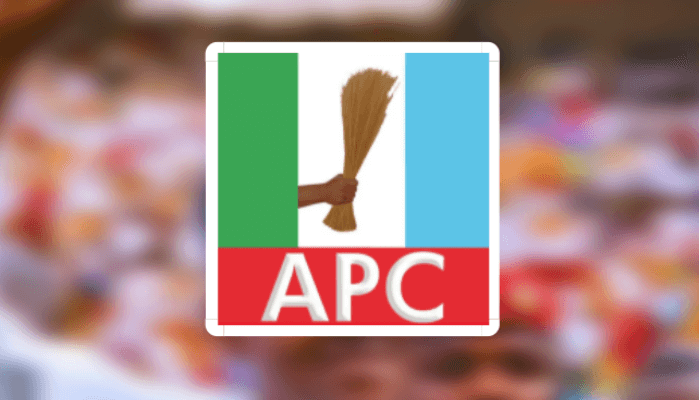In a concerning revelation, the Federal Government has raised an alarm about the alarming levels of excess consumption of Sugar-Sweetened Beverages (SSBs) among children and adolescents as a significant threat to the future generation. The Minister of Health and Social Welfare, Ali Pate, brought attention to this critical issue during the National Conference on SSBs Tax held in Abuja.
Pate, represented by Chukwuma Anyaike, the Director of the Public Health Department, Ministry of Health and Social Welfare, emphasized the dire consequences of this consumption trend. “Excessive intake of sugar-sweetened beverages has become a grave public health concern and poses a serious threat to the future generation, as its consumption rates among children and adolescents are alarmingly high,” Pate remarked.
Scientific research has consistently unearthed a host of health issues linked to high SSBs consumption, including tooth decay, weight gain, obesity, type 2 diabetes, cardiovascular diseases, chronic obstructive pulmonary disease, cancer, and various non-communicable diseases (NCDs). The World Health Organization (WHO) also advises that restricting the intake of sugar-containing drinks is instrumental in maintaining a healthy weight and adhering to a well-balanced diet (WHO 2020).
The conference, serving as part of the advocacy campaign for the implementation and sustainability of SSBs tax, aims to address the concerning issue of SSBs consumption. The Nigerian Government believes that by imposing taxes on SSBs, the consumption levels can be effectively controlled and the burden of non-communicable diseases (NCDs) reduced.
“Countries that have implemented SSBs tax have witnessed a significant reduction in their consumption rates,” emphasized the minister. “Therefore, Nigeria is determined to follow the global best practice recommendation by the WHO, which suggests a tax rate of at least 20% of the final retail price on all SSBs. The current price of N10 per litre falls short of achieving this goal.”
This commitment to implementing the SSBs tax aligns with the government’s broader efforts to improve the overall public health of Nigerians and prioritize the significant reduction of premature deaths resulting from non-communicable diseases (NCDs).
The Nigerian Government is keen to ensure the well-being and health of the next generation. By raising awareness about the perils of excessive consumption of SSBs and implementing impactful measures such as the SSBs tax, the government aims to safeguard the future of the nation and promote healthier lifestyle choices among its citizens.



